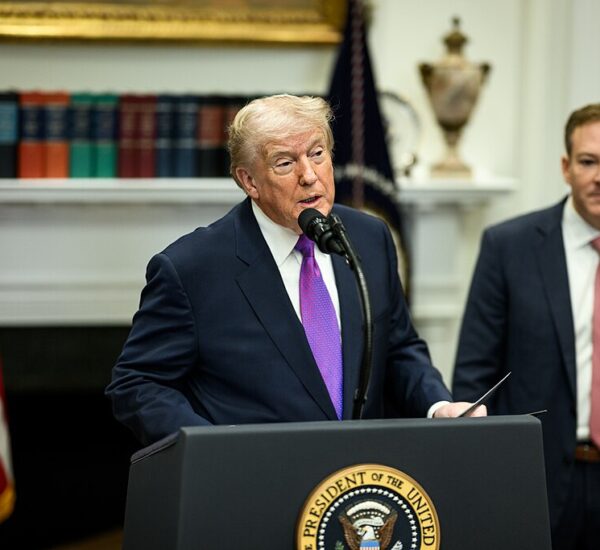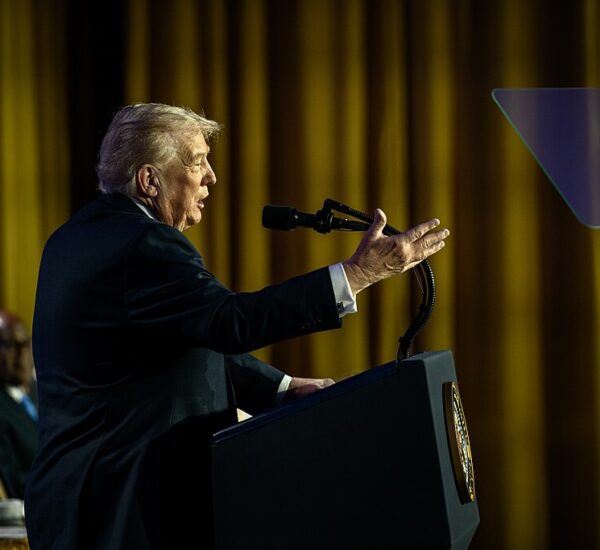President Biden’s reported plans to reform the Supreme Court have sparked intense criticism and concern among conservatives, particularly from former President Donald Trump, who has vehemently opposed these potential changes. According to reports, Biden is considering significant reforms such as imposing term limits on justices and establishing stricter ethical guidelines.
In response, Trump took to Truth Social to condemn these proposed reforms, labeling them as unconstitutional and illegal. He accused Democrats of using these measures to undermine the integrity of the Supreme Court for their own political advantage. Trump argued that such reforms are not only an attack on the institution of the Supreme Court but also a personal attack on him, fueled by what he termed as unjust investigations and partisan agendas.
The backdrop of this controversy includes a recent Supreme Court decision that granted broad immunity to former presidents for their official actions while in office, a ruling which Trump cited in his defense against legal challenges related to the 2020 election.
For Biden, pushing through these reforms would require navigating a divided Congress, where Republicans control the House and Democrats hold a slim majority in the Senate. Reports suggest Biden has been consulting with progressive lawmakers to garner support for what he sees as a necessary initiative to reshape the Supreme Court.
Critics argue that Biden’s proposed reforms are an attempt to appease the progressive wing of his party, which has been vocal in its dissatisfaction with recent Supreme Court rulings, particularly on issues like presidential immunity and abortion rights. Progressive leaders like Representative Ilhan Omar have openly criticized the Court’s decisions, accusing it of straying from constitutional principles.
The debate over Supreme Court reforms underscores the deep political divisions within the United States, with Republicans and conservatives viewing Biden’s initiative as a partisan maneuver that threatens the independence and credibility of the judiciary. The outcome of this debate will likely hinge on whether bipartisan cooperation can be achieved in Congress and what implications these reforms will have for the future of judicial governance in the country.
In conclusion, Trump’s strong opposition to Biden’s proposed Supreme Court reforms reflects broader concerns among conservatives about the potential politicization of the judiciary and the preservation of constitutional principles. As this debate unfolds, the nation will be closely watching how Congress responds and what impact these reforms could have on the balance of power within the Supreme Court and its role in American democracy.






